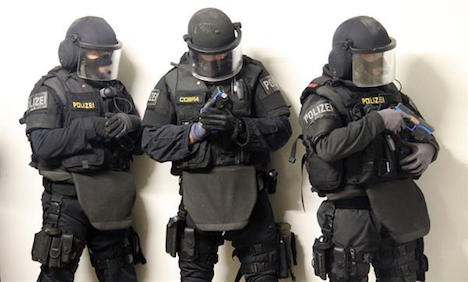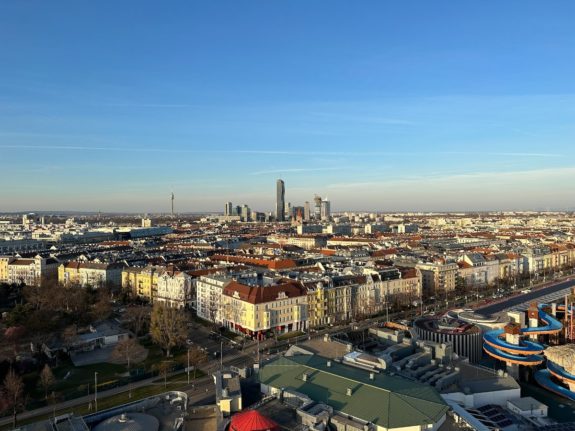The 20-year-old “repeatedly told friends that he wanted to 'shoot dead all asylum-seekers with his shotgun' at a refugee centre”, police in Upper Austria state said in a statement.
The man also used neo-Nazi language and sent a friend two text messages that included “National Socialist ideology,” police said.
In a raid on his home in the Linz-Land district on Thursday, police also found wartime Nazi memorabilia. Elite “Cobra” commandos arrested him near his home in the early hours on Friday.
Austria last year received some 90,000 asylum requests, the second highest per capita in the European Union, and saw around 10 times that number pass through towards Germany and Scandinavia.
The influx has boosted the far-right Freedom Party (FPOe) — which says it rejects all violence — but Austria has largely been spared the attacks against refugees seen in neighbouring Germany.
Last Sunday a man with neo-Nazi links opened fire with a Kalashnikov assault rifle at a concert in Vorarlberg state in western Austria, killing two people and injuring 12 before shooting himself.
Police said the man, who until 2013 was active in the local skinhead scene, had several assault convictions and was banned from owning weapons, had had an argument with his girlfriend shortly beforehand.
On Friday evening some 1,500 motorbikes — the concert was organised by local biker gang “The Lords” — drove in a huge convoy past the venue in memory of those killed and against violence.



 Please whitelist us to continue reading.
Please whitelist us to continue reading.